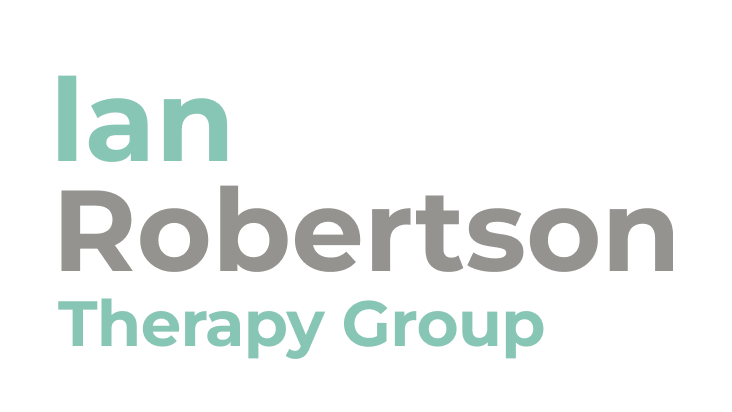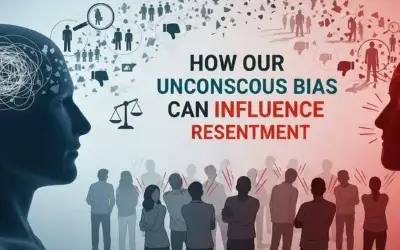
Happiness is not always an easy choice. For many, it may not even feel like a believable possibility. In today’s fast-paced world, one in ten adults will attempt suicide, and one in five will experience some form of mental health challenge.
Human suffering often stems from loneliness, isolation, trauma, stigma, addiction, grief, marginalization, and a loss of meaning. These experiences shape our belief that happiness is something distant or unattainable.
The Four Myths of Happiness
Psychologist Russ Harris identifies four common myths that interfere with our ability to experience happiness.
Myth One: Happiness is the natural state for all human beings
Many people assume that happiness should come easily, and when it doesn’t, they feel broken or alone. In truth, happiness is not a constant state. It is shaped by our beliefs, environment, and how connected or disconnected we feel. Thinking everyone else is happy, but you only deepens the isolation.
Myth Two: If you’re not happy, something is wrong with you
In Western culture, psychological suffering is often misunderstood as weakness. But suffering is not a flaw. It is a normal part of being human. Even emotionally healthy people go through times of pain, sadness, or uncertainty. Mental struggle is not a defect, it’s a response to life.
Myth Three: To live a better life, you need to eliminate negative feelings
Some of the most meaningful aspects of life bring both joy and discomfort. Long-term relationships can offer love and support, but also come with disappointment or conflict. Life is full of dualities. Positive and negative emotions often coexist, and learning to hold both is essential.
Myth Four: You should be able to control what you think and feel
We have far less control over our thoughts than we realize. What we do have control over is how we respond to them. Forcing yourself to think positively doesn’t erase negative thoughts. The mind is wired for complexity. Accepting this truth helps reduce the pressure we put on ourselves to “fix” how we feel.
The Happiness Paradox
We often try to control our inner experience to feel happy. But in doing so, we create tension. The harder we try to eliminate discomfort, the more drained we become and often without meaningful results. When happiness becomes a goal we strive to force, we end up feeling more hopeless and disconnected.
Moving Toward Periods of Happiness
True happiness does not come from avoiding discomfort. It comes from learning to relate to our thoughts and emotions with openness and curiosity. Thoughts are not facts. They are mental impressions of events, forming stories we tell ourselves. Saying “I’m worthless” or “I’m not enough” is just a collection of words, not a reflection of truth.
Instead of trying to change your thoughts, see them for what they are. Observe them. Acknowledge them. Let them pass through.
The Power of Acceptance
Acceptance creates space for peace. When we stop fighting our thoughts and feelings, we reduce struggle. Acceptance is not giving up, it’s making room for change.
Start with this principle:
Have the courage to solve the problems that can be solved
Have the serenity to accept the ones that cannot
And seek the wisdom to know the difference
If you are not satisfied with your happiness or your life, it’s okay to want change. But change is most effective when it begins with self-compassion and acceptance.
Conclusion
Happiness is not a fixed destination or a permanent state. It is a series of moments, some joyful, some difficult, and many in between. If you have been struggling to feel happy, know that you are not alone and that nothing about you is broken.
By letting go of the myths that trap us in unrealistic expectations and by embracing acceptance over control, we open the door to deeper self-understanding and emotional peace. Real happiness begins when we stop chasing it and start creating space for all parts of our experience with compassion, honesty, and care.
You deserve moments of peace. You deserve to feel heard, even by yourself. If you have any questions or want to learn more, please feel free to contact us.
Be gentle with your journey. Be well.
Ian Robertson, MSW, RSW











